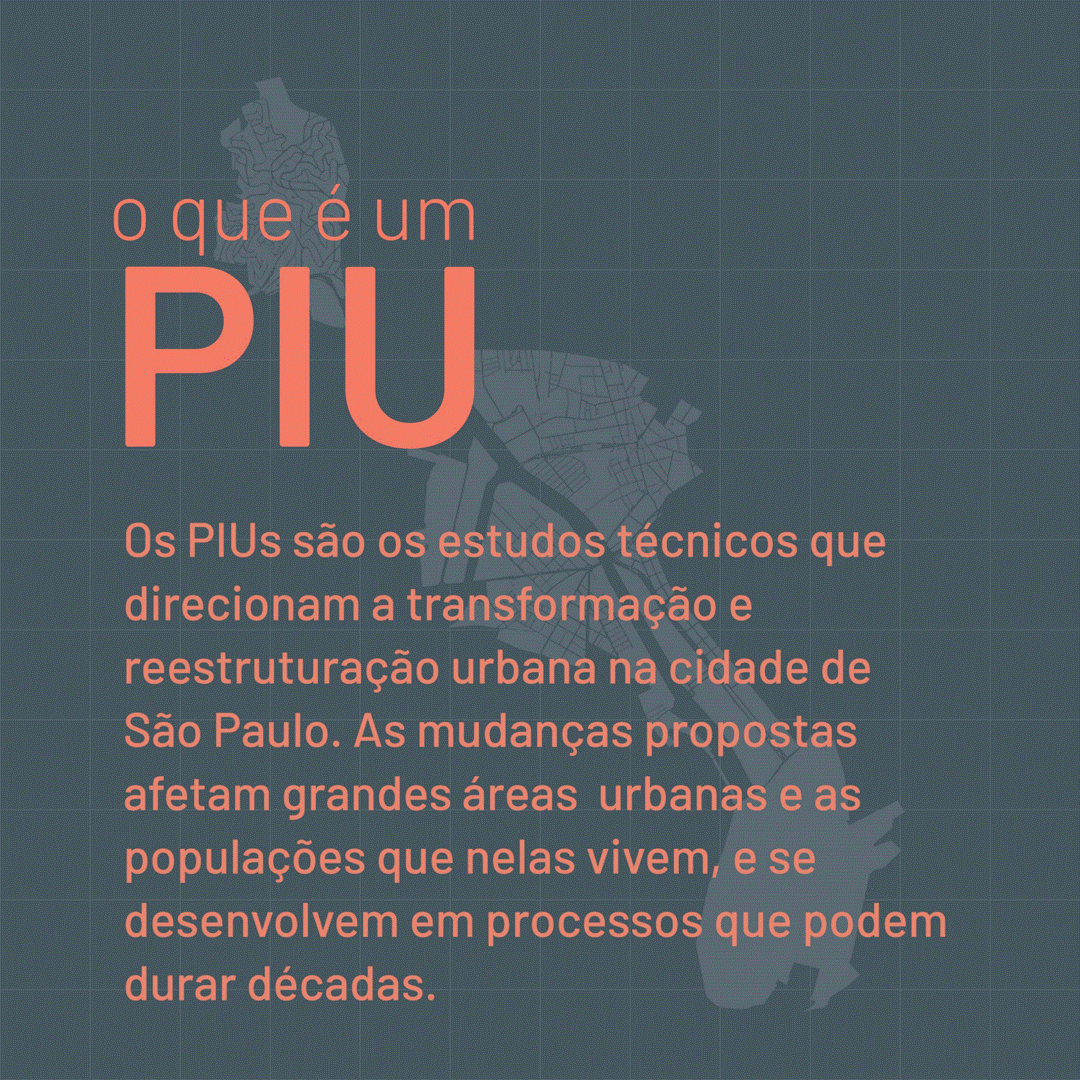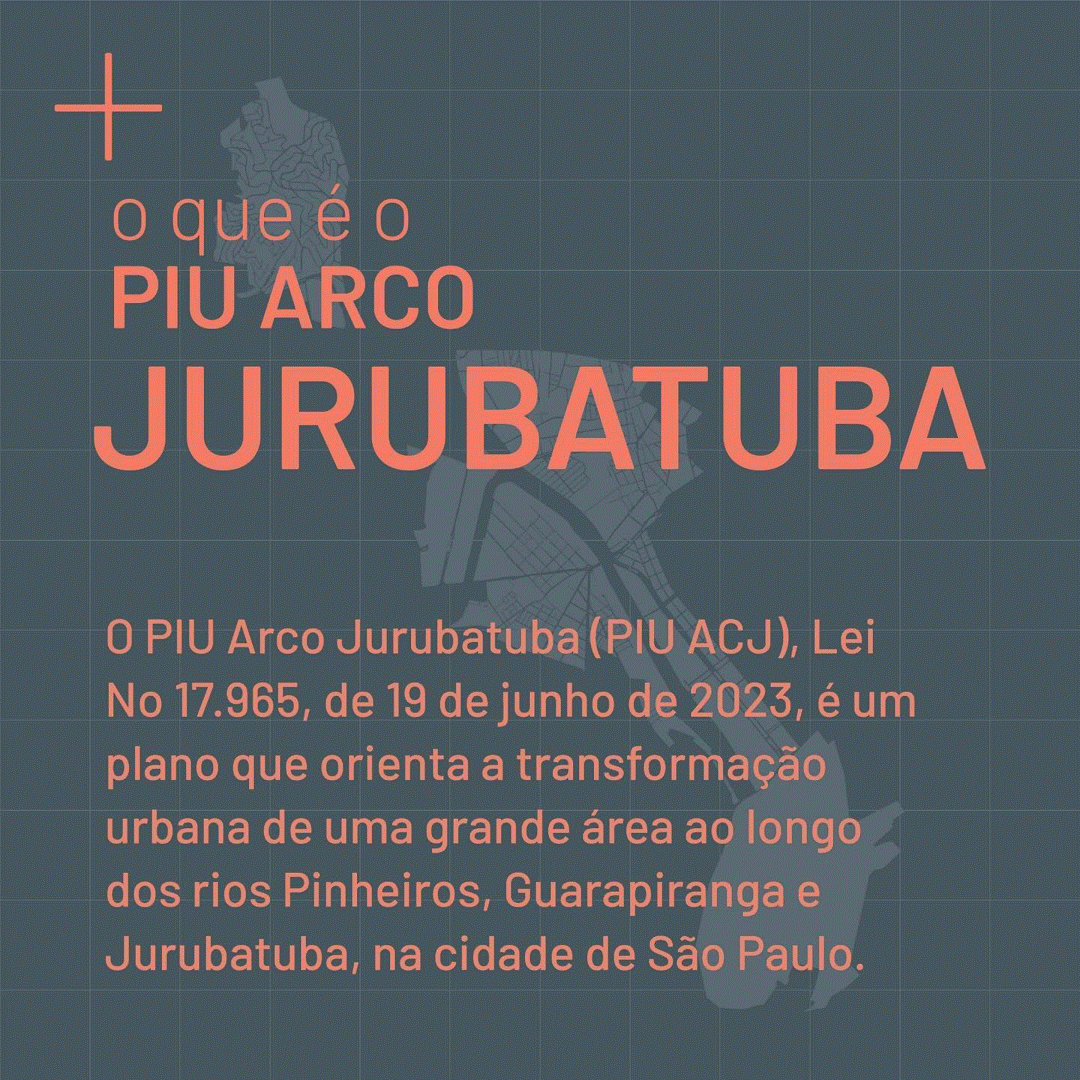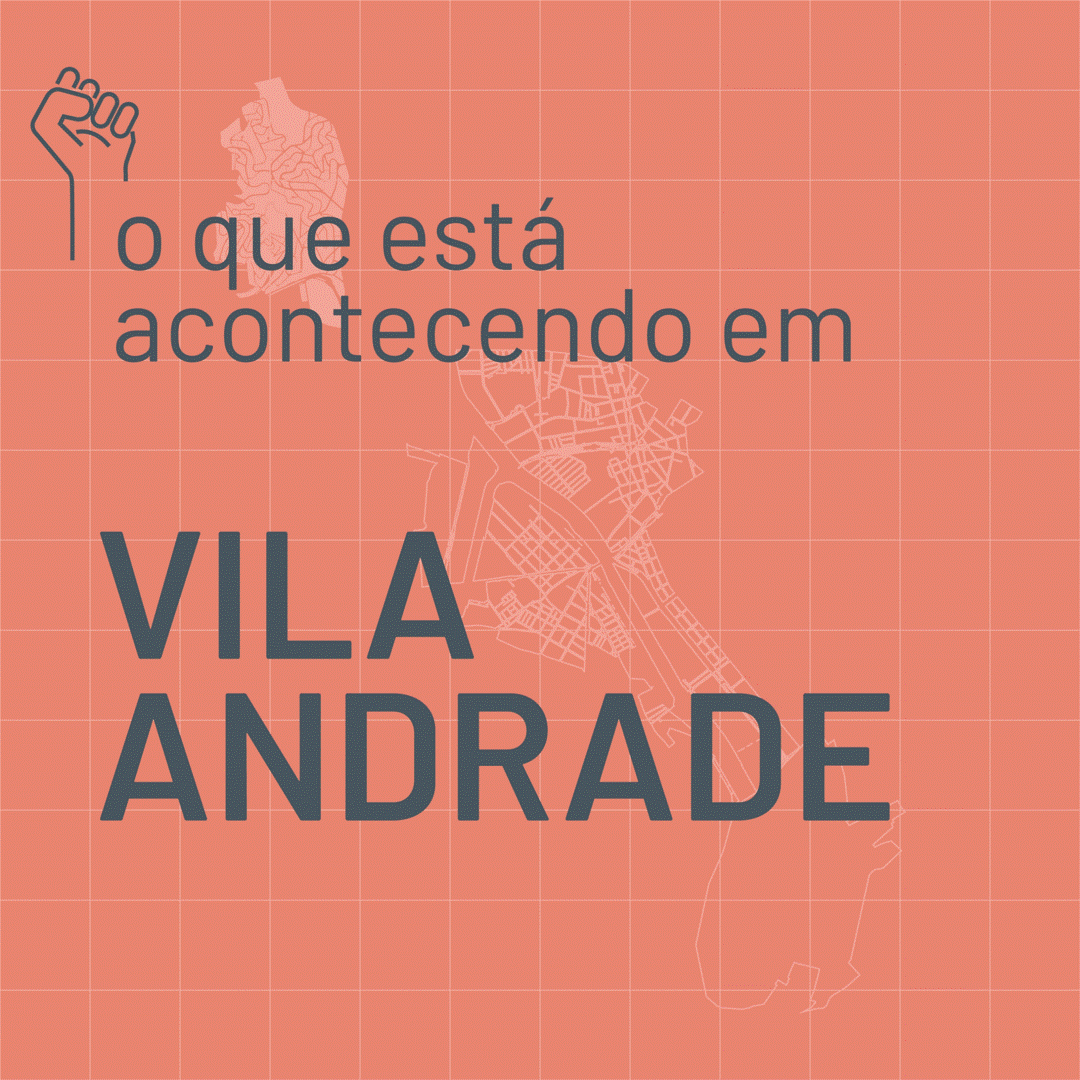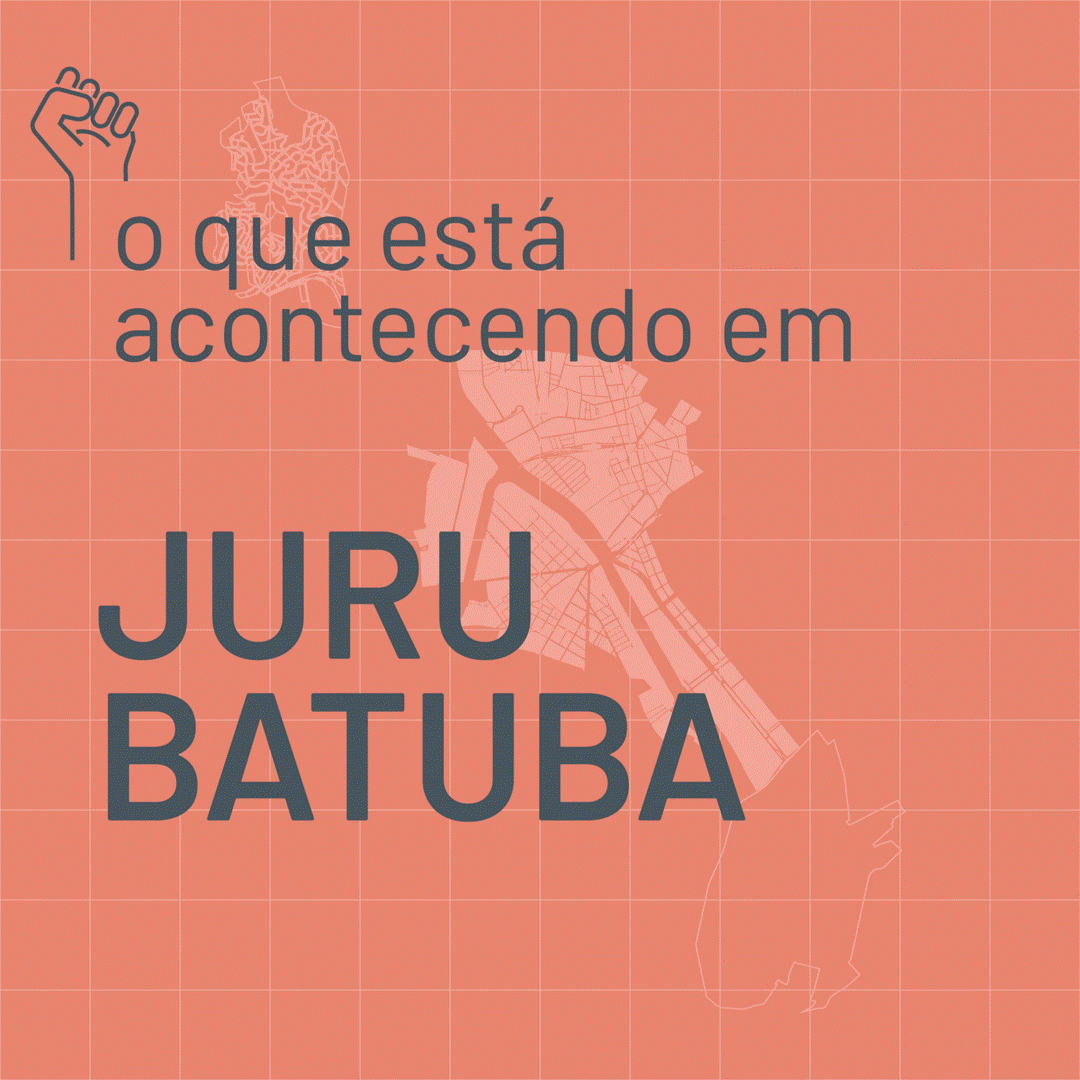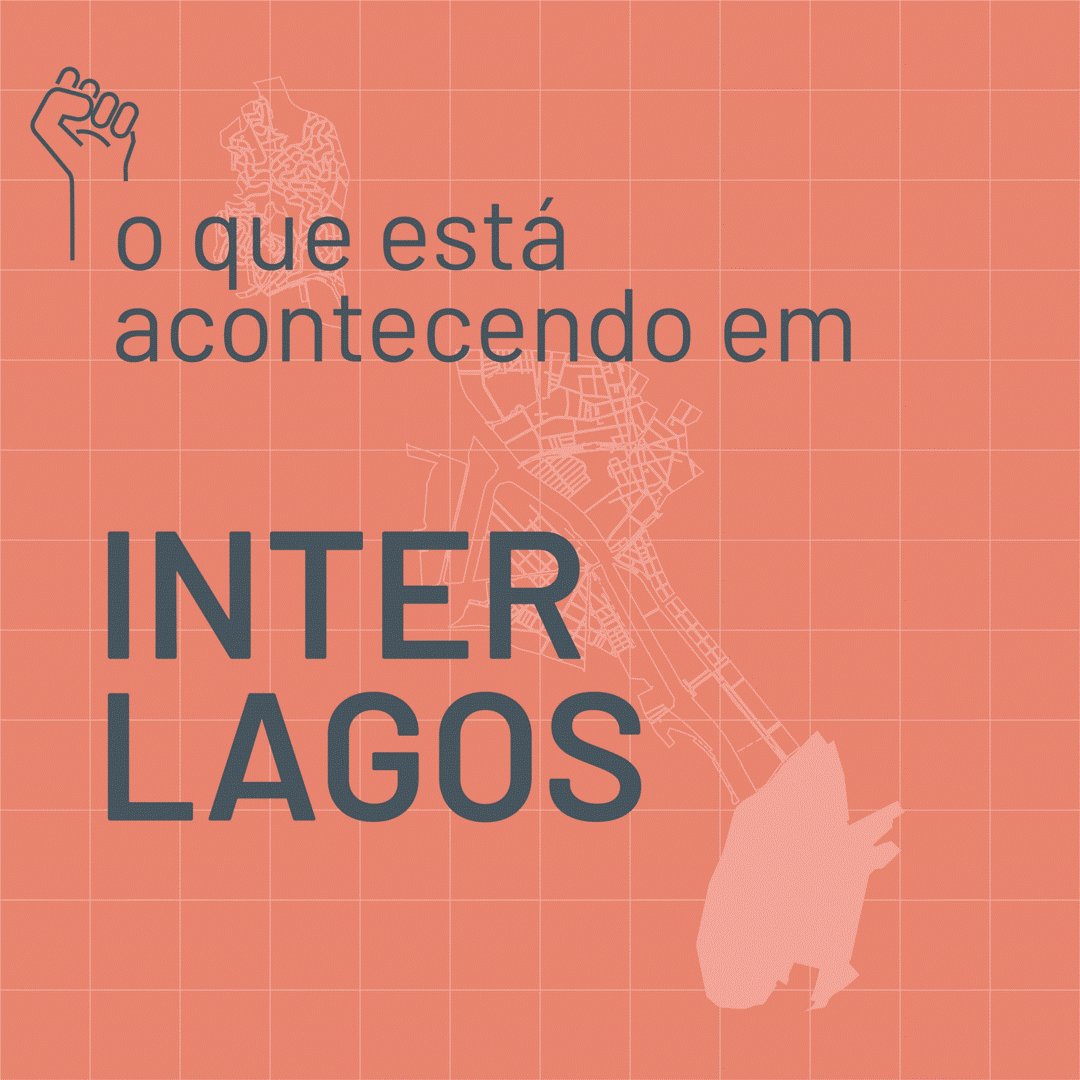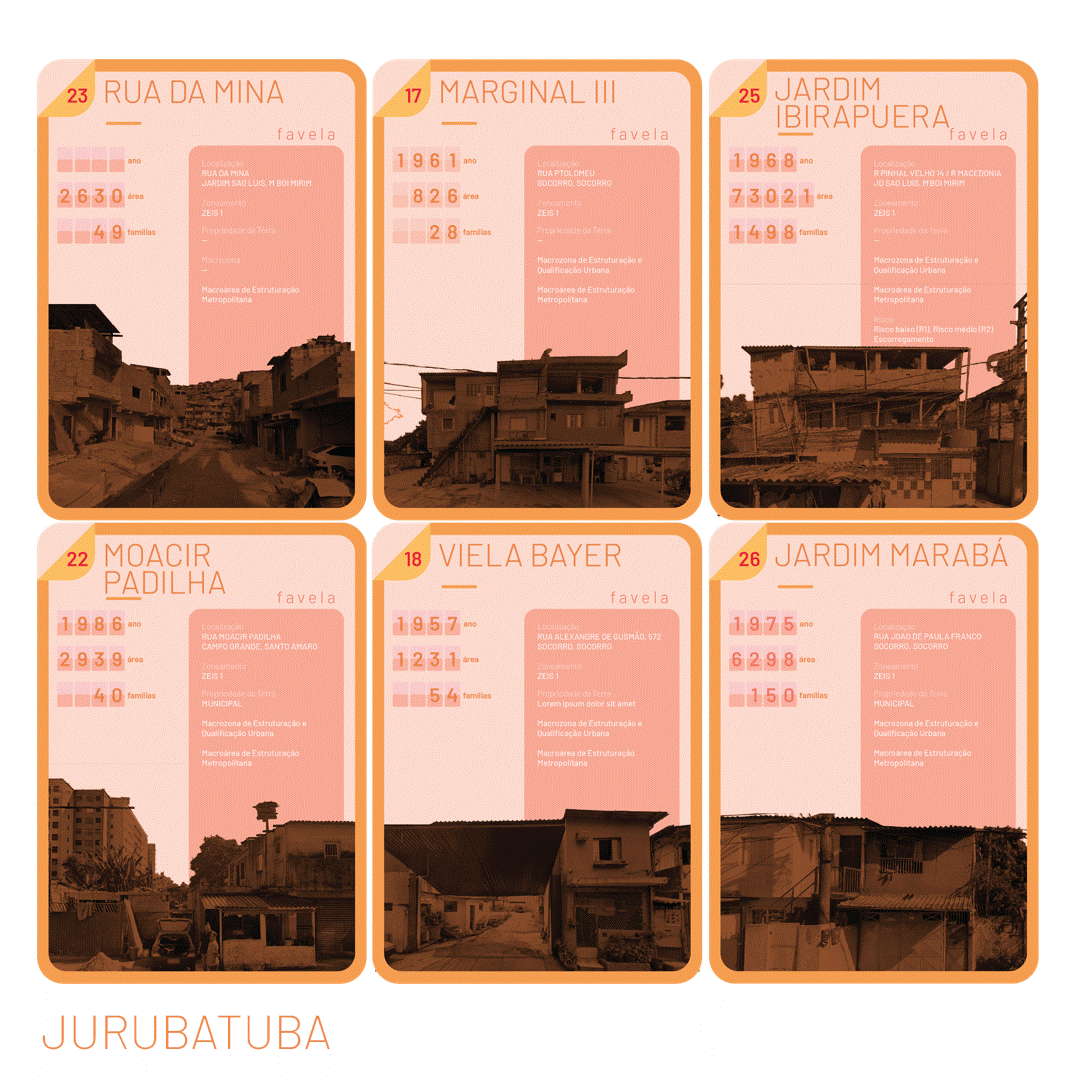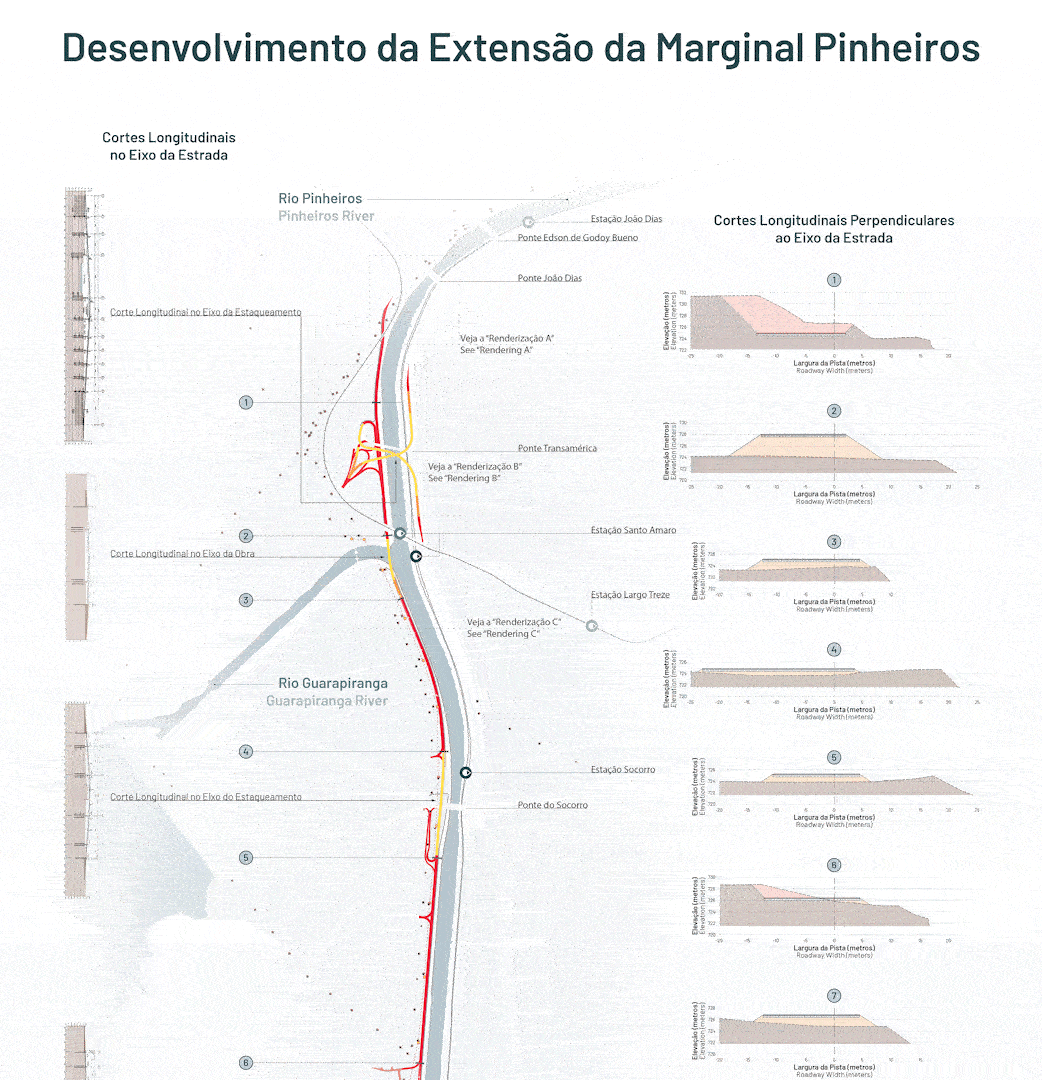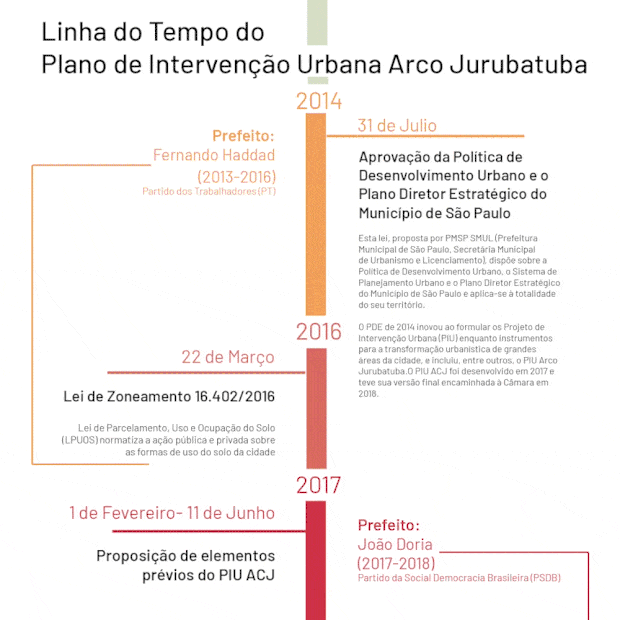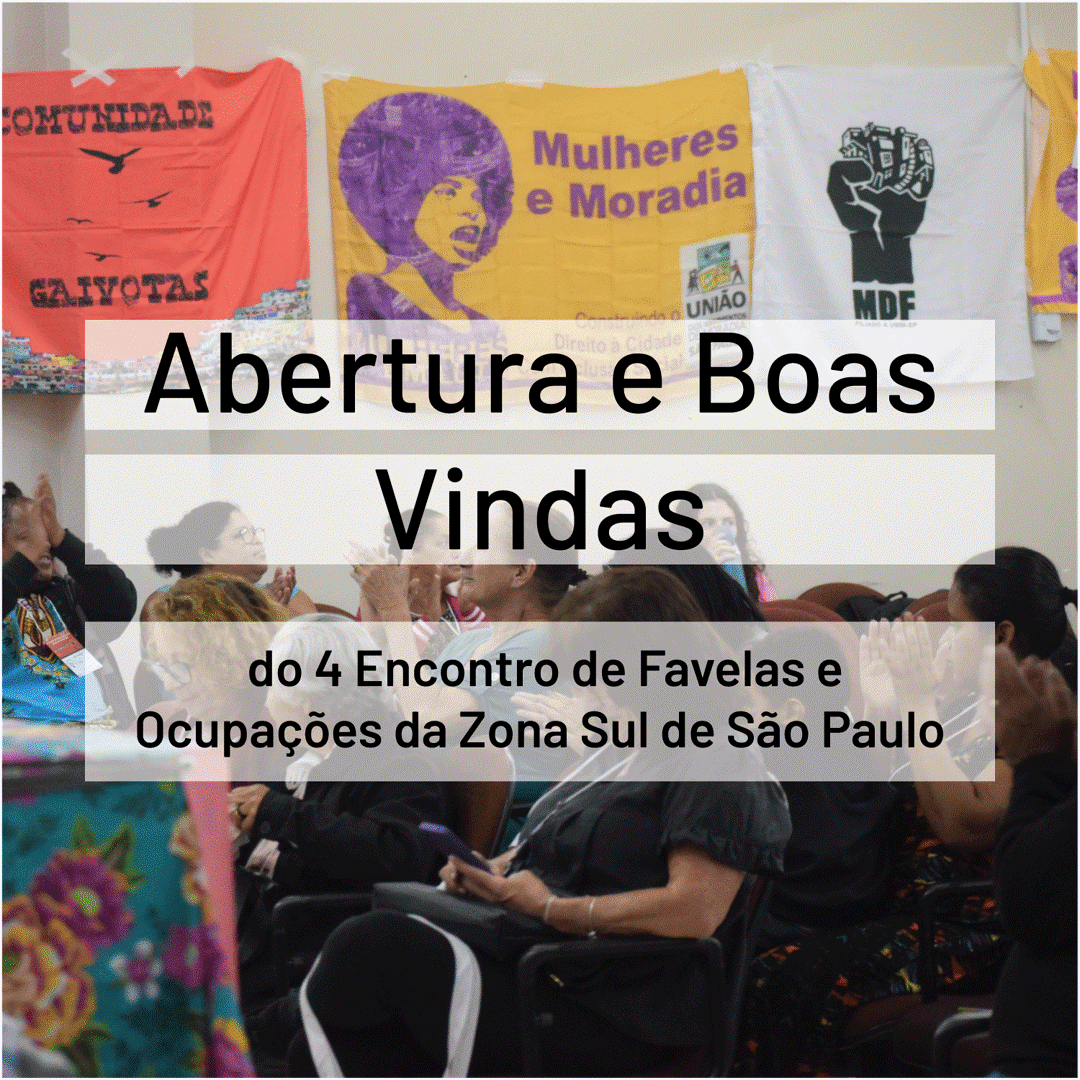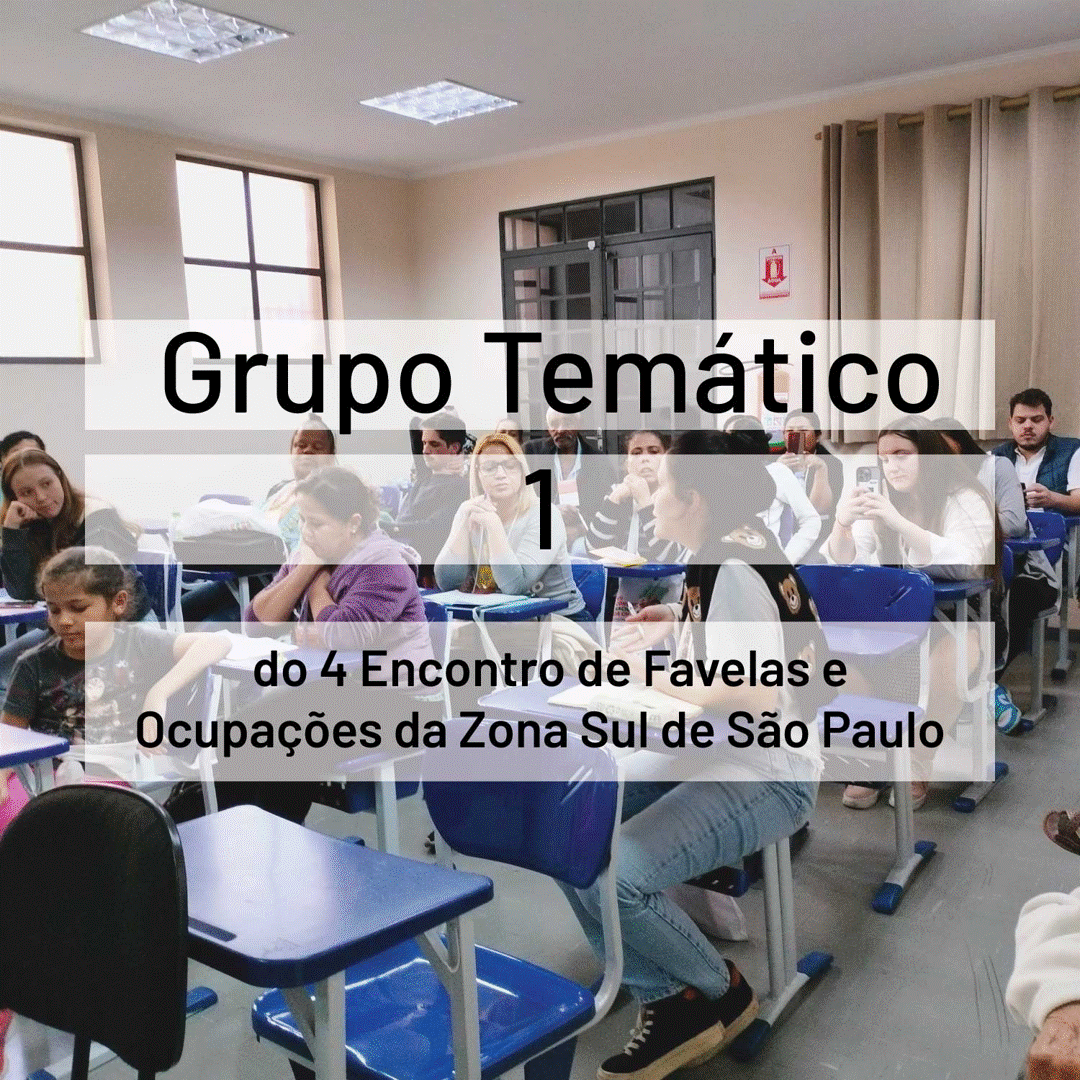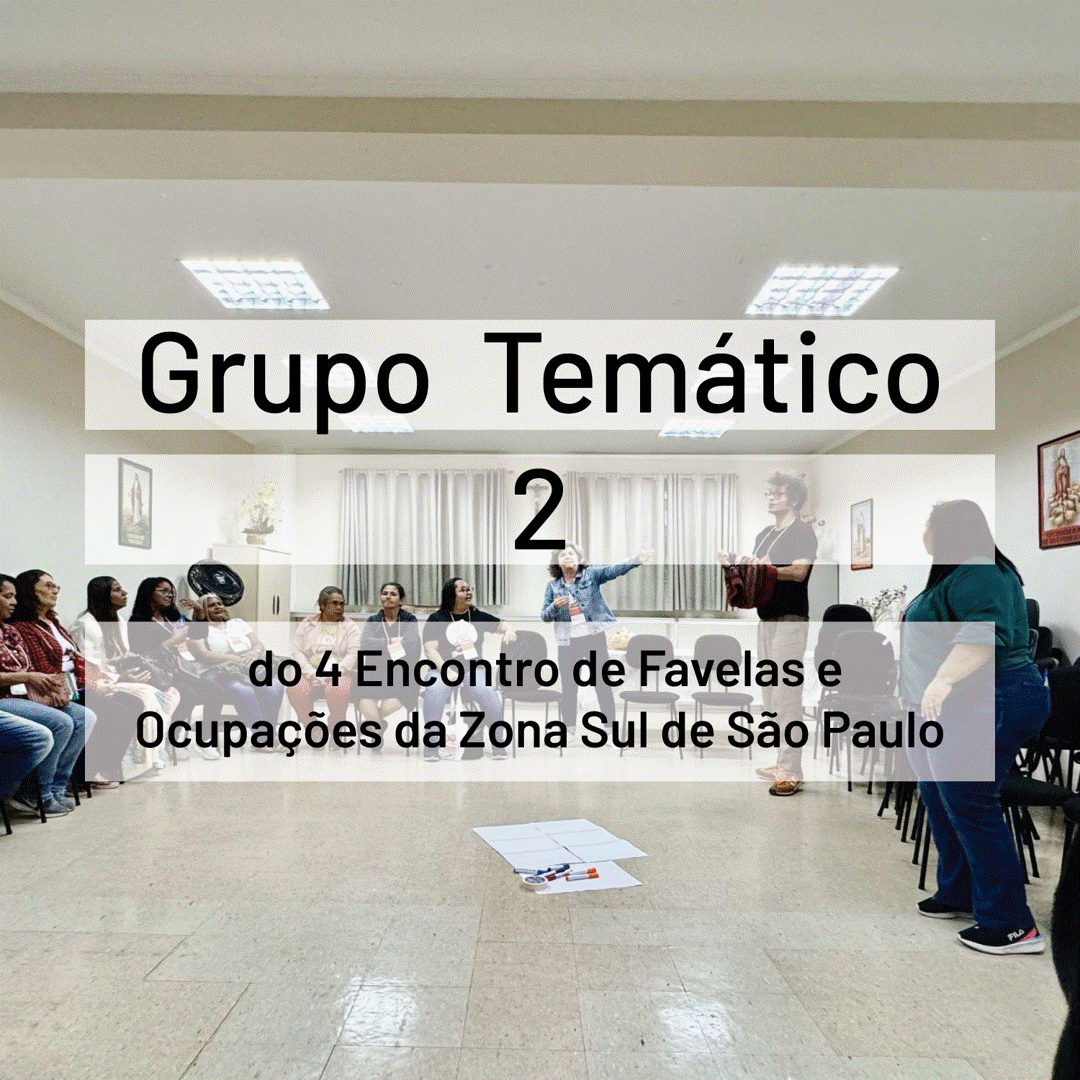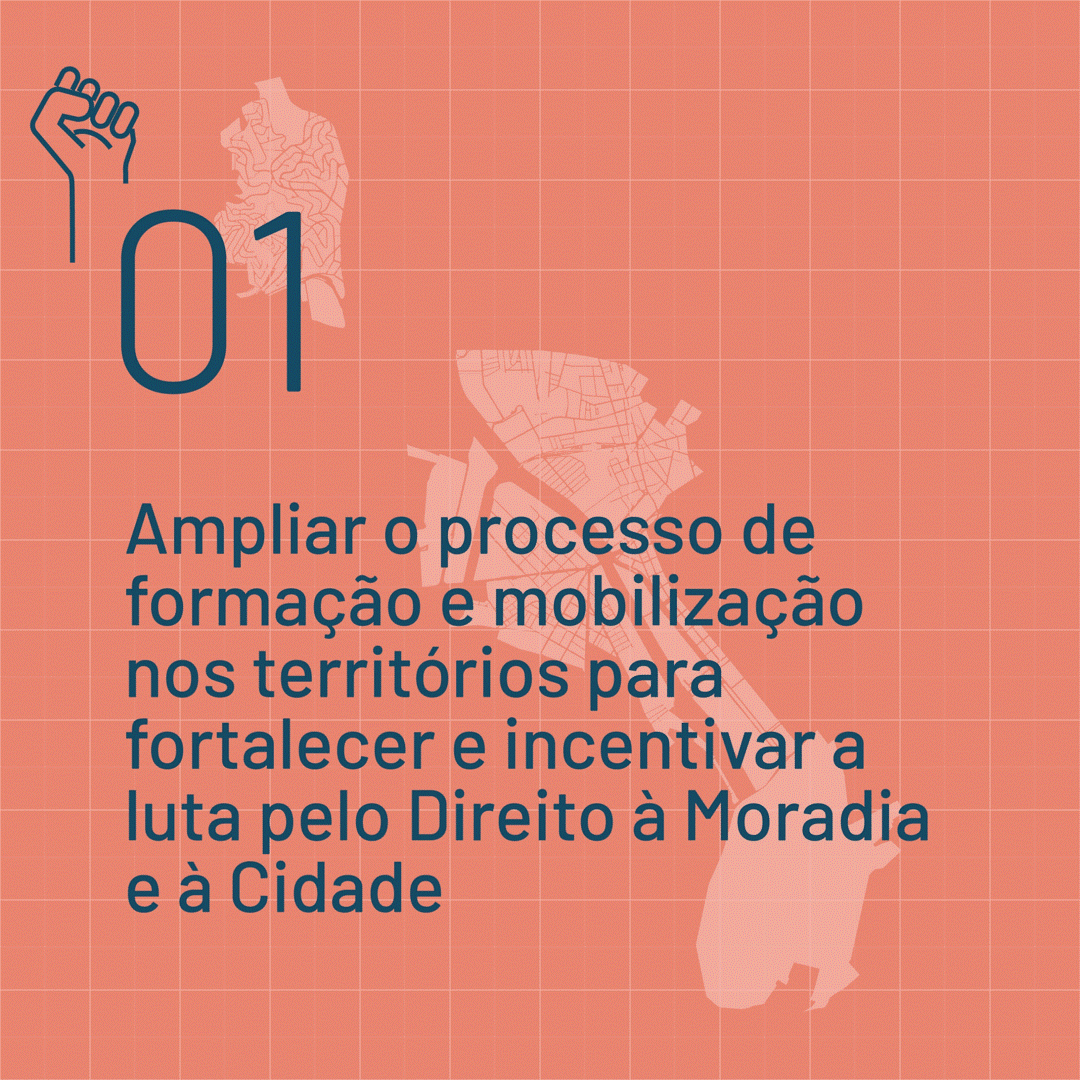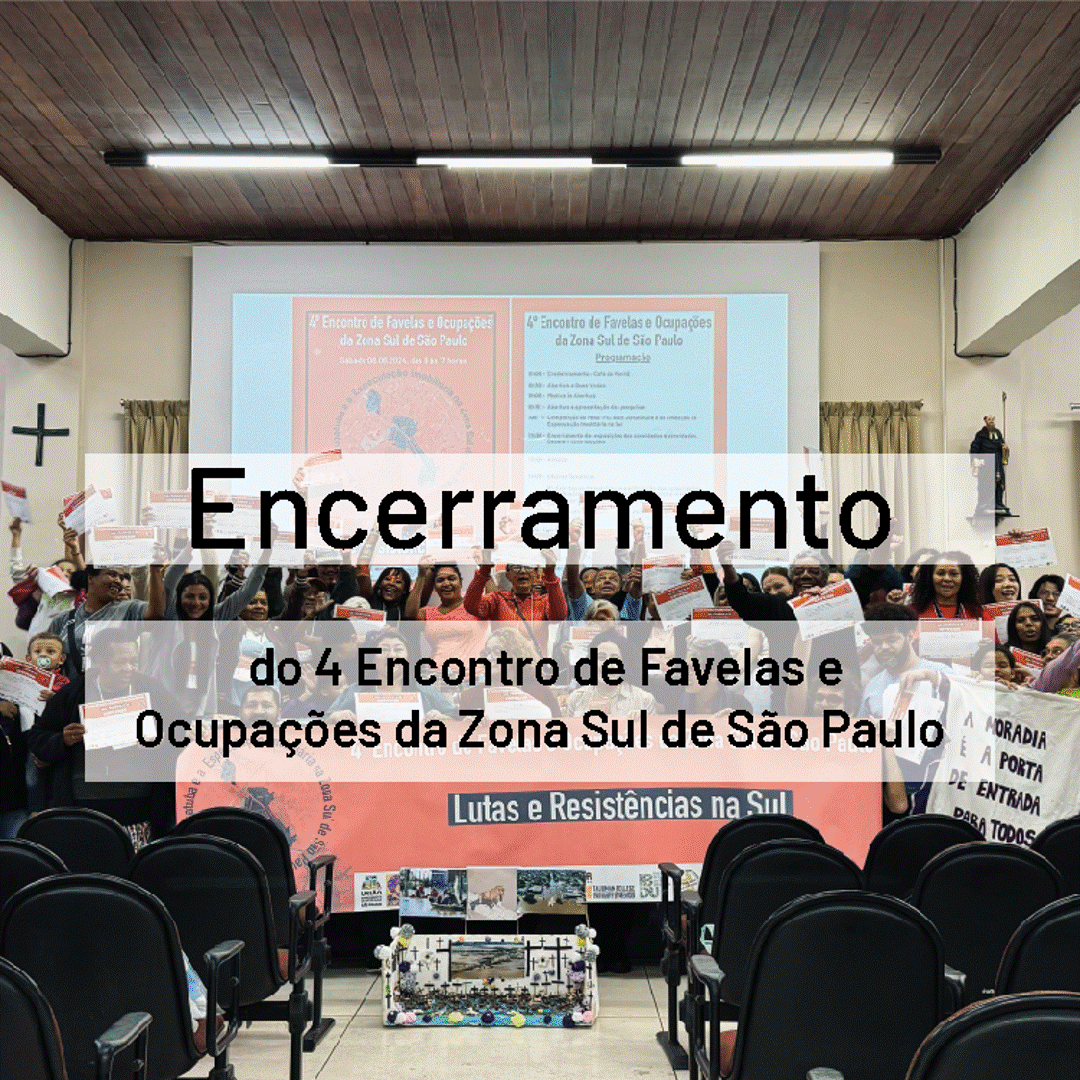Peripheral Centralities
PIU Arco Jurubatuba and Real Estate Speculation in the South Zone of São Paulo: Struggles and Resistance
Spring / Fall 2024
Peripheral Centralities investigates the anticipated impacts of the Jurubatuba Arch Urban Intervention Project (PIU-ACJ) on the transformation of the south zone of São Paulo City. This large strategic redevelopment project along the Pinheiros, Guarapiranga, and Jurubatuba Rivers aims to remake an area home to an estimated 150,000 residents, with many living in Special Zones of Social Interest (ZEIS) and confronting pressing housing and environmental challenges. The PIU will increase the population, create new jobs and economic activities, and provide social housing and public facilities. At the same time, this large urban transformation will have a major impact on the local informal precarious settlements and popular communities, which will once again face the threat of displacement and dispossession.
Working with our local partners, students in this Public Design Corps section engaged in the co-production of maps (and counter maps) and the documentation of sites and local narratives supporting community efforts to secure the right to housing and minimize displacement of vulnerable populations across the PIU-AJ. Fieldwork in São Paulo took place from May 24 to June 11, 2024, and apart from the documentation of sites and communities across the PIU-ACJ, PDC students focused on developing widely accessible visual materials, creating online platforms and educational media, presenting the preliminary research findings to the communities, and supporting the organization of the 4th Encontro de Favelas e Ocupações da Zona Sul.
This academic initiative builds on a collaboration with União dos Movimentos de Moradia (UMM), Centro Gaspar Garcia de Direitos Humanos, Defensoria Pública do Estado de São Paulo and Peabiru Trabalhos Comunitários e Ambientais, and a large network of local partners. The project departs from design exercises where reading urban conditions and framing problems leads to proposals as contingent solutions in place and time. Instead, students participate in the quest for urban justice by joining ongoing efforts by community partners and contributing our design skills to advocate for more humane urbanisms.
This website gives access to the materials developed as part of the course and offers additional links to learn more about the partnering organizations. While we have provided English translations for some of the content, the original materials accessible through Instagram, issuu, and videos on Vimeo are in Portuguese.
Community Partners
União dos Movimentos de Moradia (UNIÃO), LINK
Centro Gaspar Garcia de Direitos Humanos, LINK
Defensoria Pública do Estado de São Paulo, LINK
Peabiru Trabalhos Comunitários e Ambientais, LINK
Articulação Vila Andrade
Comunidade Pantanal
Special Acknowledgments
Marilene Ribeiro de Souza, at Associação Comunidade Pantanal e União dos Movimentos de Moradia, Secretaria das Mulheres
Sheila Cristiane Santos Nobre, Afetos and União dos Movimentos de Moradia Secretaria das Mulheres
Cintia Fidelis, at Peabiru
Tereza Arrais, at Articulação Vila Andrade
Benedito Roberto Barbosa, at UMM, CMP, and Gaspar Garcia Human Rights Center
Fernando Botton, at LabJUTA Universidade Federal do ABC and FIO, Assessoria Técnica Popular
To all community members who shared their insights and stories during our fieldwork and those in attendance during the 4° Encontro de Favelas and Occupations
And last but not least, many thanks to Associate Professor Ana Paula Pimentel Walker for sharing a wealth of knowledge during our time in São Paulo. We are very grateful to be able to contribute to the Public Design Corps Initiative, and the support of Caitlin Cuppernull and Shane Molina Soto at Taubman College truly made a difference.
Student Team
Md Ehsan Alam, Tabita Aitonean, Natalia Boldt,
Chin-Chieh Chen (Jess), Stephanie Dutan,
Aaron Johnson, Yi-Chien Kuo,
Yesha Madhubhai Malaviya, Akshita Mandhyan,
Jasmine Paulk, Angie Perez, Mariam Reyes-Toidze,
Chun Wang (Sheila)
Faculty
María Arquero de Alarcón
University of Michigan Sponsoring Units
New Faculty-Led Education Abroad Program Grant,
Vice Provost for Engaged Learning’s Global Engagement
Taubman College Travel Fund
Links to additional work
Instagram LINK
Issuu Stack LINK
